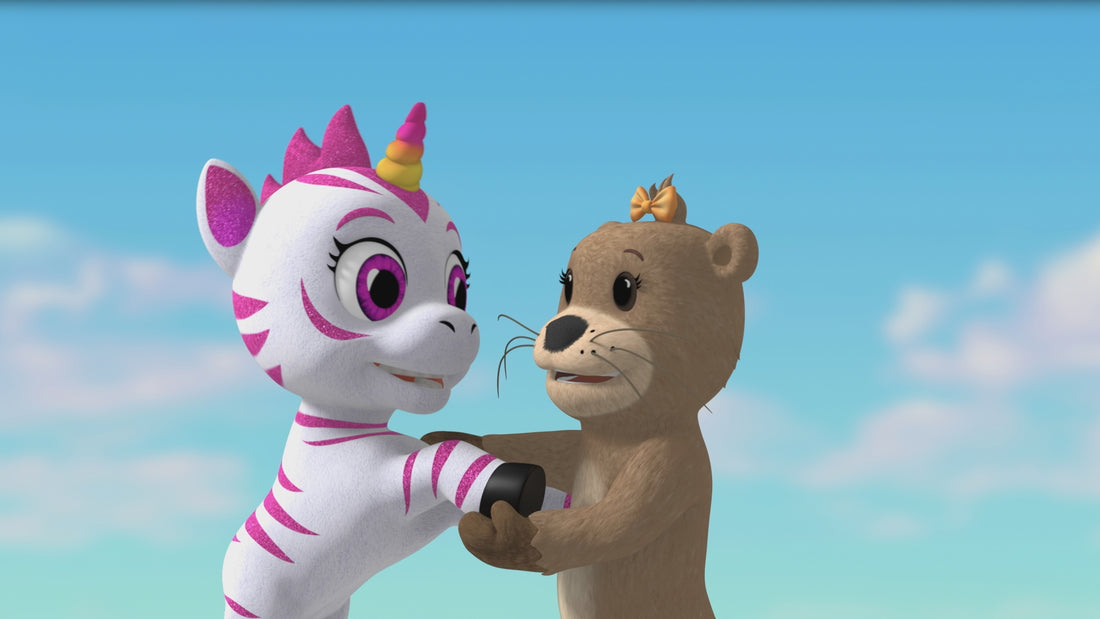Written by Natascha Crandall, PhD. - Educational Curriculum Consultant

Self-regulation, the ability to understand and manage one’s own behaviors and impulses, begins at an early age and continues all the way through to adulthood. The preschool years are a time when children are first learning to control reactions to strong emotions such as frustration, excitement, anger and embarrassment. They begin to learn how to calm themselves and refocus after something exciting or upsetting. They are discovering that they need to hold back for the benefit of themselves and others.
Controlling impulses can be really challenging at first. But with time, as young children learn to consider potential outcomes, they are better able to stop themselves before acting or reacting.
Parents can help by talking about emotions and helping their children discover that feeling frustrated is natural. They can serve as prime role models by exhibiting self-regulating techniques. They can demonstrate calming down strategies to help children cope with their strong emotions. Parents should offer praise when their kids show self-control, follow set rules and keep trying.
Our “Zoonicorn” characters help young children understand basic social emotional learning skills. On the show, we focus specifically on optimism and resilience. Managing self-regulation is a primary method of helping children become more resilient. As they discover these tools for coping and managing their impulses, they will find they are better prepared to face a world that is often filled with challenges that are unpredictable and frustrating.
Self-regulation is hard to learn. But as children begin to understand that the rewards are tangible and very real, they will have an easier time making friends, thriving in school, developing social skills and becoming independent. It is the key to persistence and resilience.

